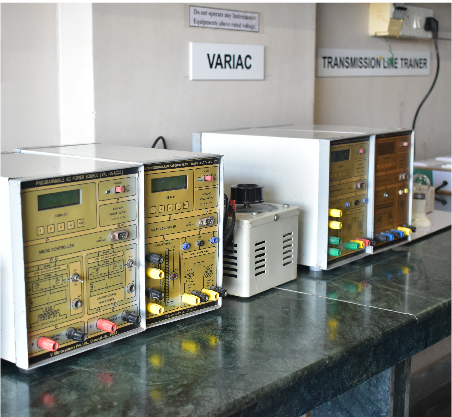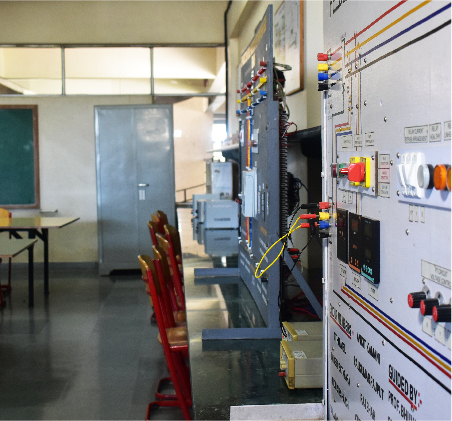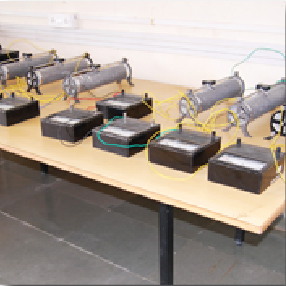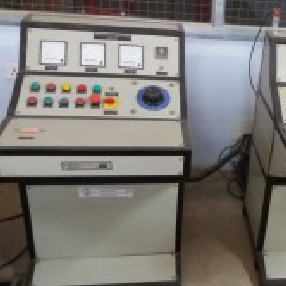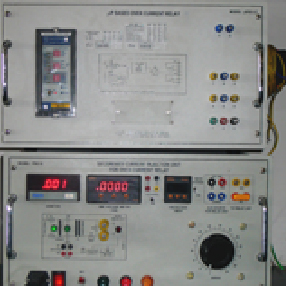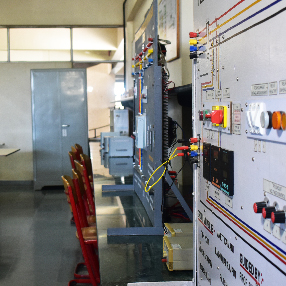Announcement
Get Ready for INDUS CUP 2K26! | Dates: 5–10 January 2026 | Stand a Chance to Win Cash Prizes up to ₹10,00,000!...Read more Get Ready for INDUS CUP 2K26! | Dates: 5–10 January 2026 | Stand a Chance to Win Cash Prizes up to ₹10,00,000!
We are excited to announce the Indus Hackathon 2025, an exhilarating one-day event organized by the CSE Department of Indus University....Read more We are excited to announce the Indus Hackathon 2025, an exhilarating one-day event organized by the CSE Department of Indus University.
26th ISTE Faculty Annual State Convention will be held at Indus University on April 27, 2023....Read more 26th ISTE Faculty Annual State Convention will be held at Indus University on April 27, 2023.
Get Ready for INDUS CUP 2K26! | Dates: 5–10 January 2026 | Stand a Chance to Win Cash Prizes up to ₹10,00,000!...Read more Get Ready for INDUS CUP 2K26! | Dates: 5–10 January 2026 | Stand a Chance to Win Cash Prizes up to ₹10,00,000!
We are excited to announce the Indus Hackathon 2025, an exhilarating one-day event organized by the CSE Department of Indus University....Read more We are excited to announce the Indus Hackathon 2025, an exhilarating one-day event organized by the CSE Department of Indus University.
26th ISTE Faculty Annual State Convention will be held at Indus University on April 27, 2023....Read more 26th ISTE Faculty Annual State Convention will be held at Indus University on April 27, 2023.
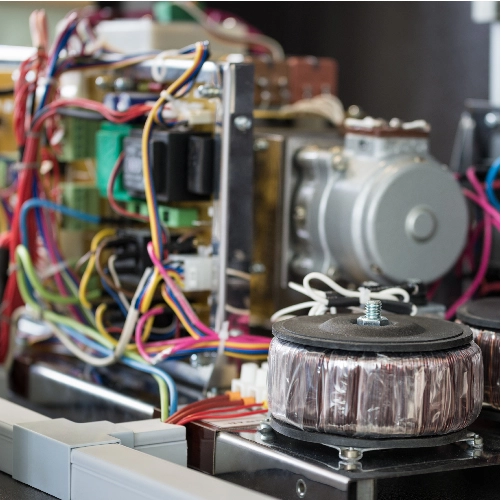
The electrical machines laboratory is the one of the important laboratory of Electrical Engineering Department. the laboratory is equipped with various ac and dc electrical machines and transformers. this laboratory caters the need of UG and PG students to enable them to easily understand the basics and adapt to advanced experiments.
Power system Operation and control is a very crucial part of a power system. The main objective of power system operation and control is to maintain continuous supply of power with an acceptable quality, to all the consumers in the system. To understand the day to day operation of the power system and the control actions to be implemented on the system to meet the minute-to-minute variation of system load demand various practicals are designed. Practicals covers all power system operation and control concepts with and without constraints like load flow analysis for IEEE bus system, Economic load dispatch with reserve capacity, Load frequency control with tie line control and flat frequency control, Contingency analysis with line outage and generator outage etc. to understand the variation of power system parameters under normal and abnormal conditions. Mi-Power and MATLAB software is used for simulation of these experiments.
The lab aims at imparting practical knowledge of Power Electronics to the students at various levels i.e. B.Tech and M.Tech. It is accordingly well equipped with equipment and trainer kits to teach practical from fundamentals to high level concepts to the students, learn the characteristics of different types of power electronic devices, understand and analyze the operation of controlled rectifiers, choppers & inverters.
This lab helps students learn speed control of various ac/dc motors using power electronic drives. The students become proficient in the use of industry-standard tools such as MATLAB/SIMULINK for electric drives.The laboratory for Electrical Drives deals with fundamental and current questions concerning the design and operation of electrical machines and their control.
The Power System Laboratory is part of the energy transmission in the field of Electrical Engineering. The scientific field of the Power Systems Laboratory comprises analysis and design of electric and integrated energy systems including their planning, design and operation. The Power System Laboratory is giving courses in power systems analysis, design and control in the undergraduate program of electrical engineering. A main goal of laboratory is to develop methods of design, control and analysis based on system theory tools like control theory, optimisation, operations research, that can be used by engineers in the industry to solve actual problems.
The software like MATLAB and MiPower are available to perform power system studies, coordination analysis, design power system equipment and develop control algorithms.
Switchgear protection plays a vital role in modern power system network, right from generation through transmission to distribution end. Switchgear protection is very important in any modern power system network. Switchgear helps run the electrical appliances in a streamlined manner and protects the equipment from overload Short-Circuit damage. Switchgear and Protection lab is used to make students familiar with the working of various switchgear equipment used for power system protection and performance of these equipments.
Control Theory Laboratory takes care of teaching at the graduate level in basics of control and instrumentation.
Following topics are covered in the Laboratory session using hardware and software tools:
Derived transfer function of any system, mathematical modeling, simulation, modern control system design by transforming transfer function to state space, Transient and steady state analysis, stability in time domain and frequency domain, etc.
The objective of the laboratory is learning. The experiments are designed to illustrate and develop analog and digital logic circuit. Conduct the experiments with interest and an attitude of learning.Experiment setups are link the theoretical concepts of different analog and digital electronics circuits with practical feasibility by giving to the students a scope to learn analog circuits and digital circuits in a better way. This laboratory is useful for beginners to understand the basic fundamentals of analog and digital circuits.
The Microprocessor and Microcontroller Laboratory helps the students to understand the basic operation of Microprocessors and Microcontrollers along with fundamental programming skills in assembly language and Embedded C programming. This Laboratory creates the foundation for designing, analyzing and implementing engineering and programming applications.
Learn the microcontroller interfacing with peripheral devices like Switches, LEDs, 7-segment display, 4x4-Keyboard Matrix, 16x2 LCD display, serial programming, ADC/DAC, etc. Students will able to simulate, debug compile and load the hex file of the program using software and hardware setup.
